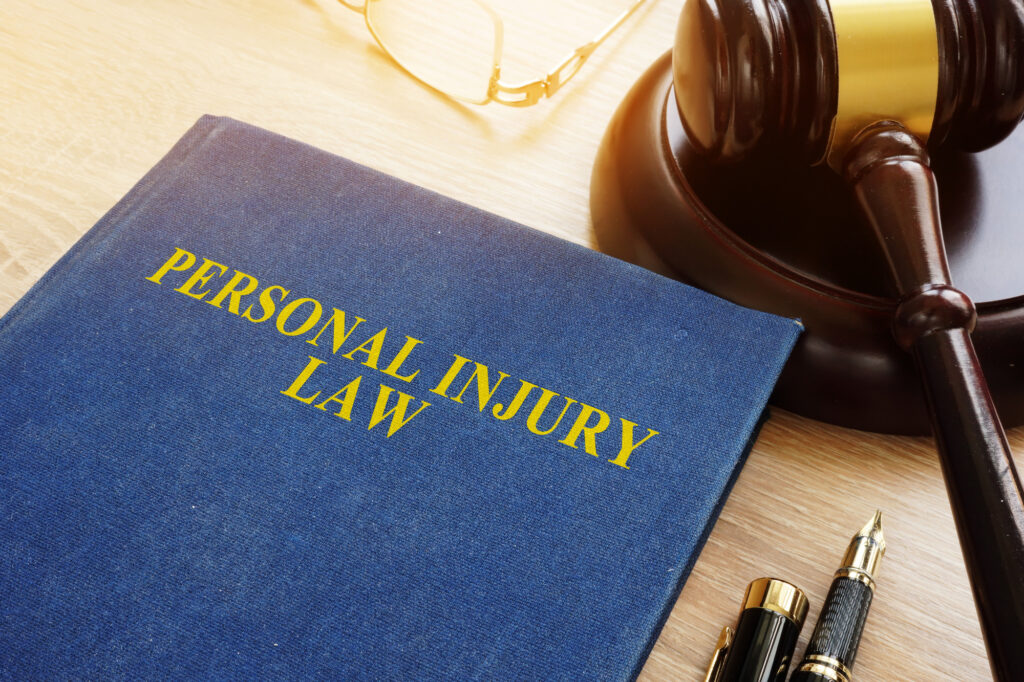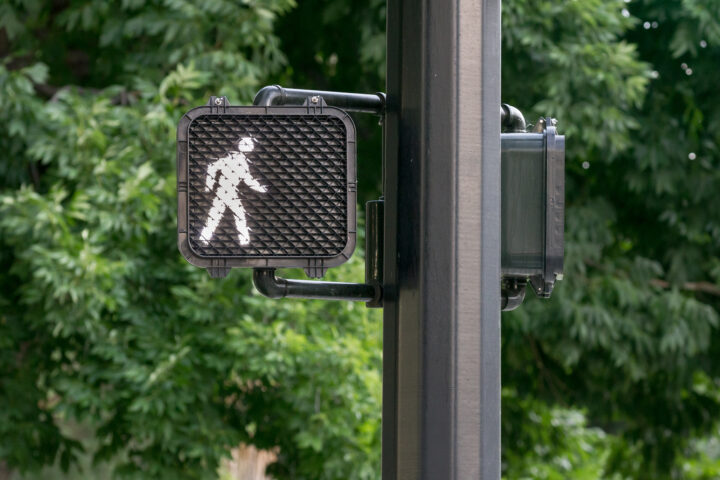
Every year, millions of people are hurt in car accidents, and hundreds of thousands of people are hurt in other accidental injuries. Many of these accidents are due to the negligence or unlawful act of another person.
Reckless drivers, distracted drivers, and drivers operating a vehicle under the influence may all be responsible for causing an accident resulting in your injuries. If you’ve been injured in an accident, you may consider a personal injury lawyer to help you get the compensation you deserve.
So, what does a personal injury lawyer do? Read on to learn more.
What Is a Personal Injury Lawyer?
A personal injury lawyer is a civil lawyer. They handle lawsuits brought against people, companies, or the government by private citizens. These are typically negligence and intentional tort cases (a tort is a “wrong” in civil court).
Personal injury lawyers typically represent victims of accidents, and their goal is to get compensation for their client, the plaintiff, from the defendant (the person or entity that is being sued). This compensation will pay for their medical bills, lost wages due to missed work, and even pain and suffering.
What Kinds of Cases Do They Handle?
Most people think of personal injury attorneys when they think of car accident cases. Many of the commercials you see on TV may focus on personal injury lawyers representing you after a car accident, but they handle a much wider range of cases.
In addition to car accidents, personal injury attorneys also may handle cases including:
- Rideshare accidents (e.g., if you get into an accident while riding in an Uber or Lyft)
- Bike accidents
- Pedestrian accidents
- Truck accidents
- Motorcycle
- Wrongful death cases
This is not even a full list of all the cases that they handle. If you’ve been hurt in any kind of accident, a personal injury lawyer will likely be your best option to recover damages.
What Does a Personal Injury Lawyer Do?
Once you hire a personal injury lawyer, they will typically spend time investigating your accident, deciding your legal strategy, and building your case.
Most personal injury lawyers will do some legwork ahead of time to make sure that your case is winnable. Because they typically take cases on a contingency basis, which means that they don’t get paid unless you win, they want to take on cases that are more likely to be successful.
If a personal injury attorney agrees to work with you, then they likely believe that you will get compensation from the insurance company. However, there is still work to do, as you want to ensure that your settlement adequately covers your expenses.
To build your case, your attorney will likely do some of the following.
Investigate
If you were hurt in a car accident, they will talk to passengers and witnesses and even consult with accident reconstruction experts. They may dig into your medical records to verify your injuries as well.
Other pieces of information they will obtain are your medical records, police reports, photos and videos of the accident and surrounding scene, and any other relevant information to support your case.
Your lawyer may even have an investigator go take photos of the accident scene or the damaged vehicles.
Negotiate With the Insurance Company
The best-case scenario is that the insurance company of the at-fault driver agrees to settle and pays you a settlement amount that adequately covers your expenses. Your attorney will likely negotiate with them to come to an amount that you agree on.
If the insurance company insuring the negligent driver will not offer you a fair settlement, then your attorney will send them a complaint, which states that their client is responsible for your injuries and that you are asking for a certain amount of damages.
The insurance company typically has 30 days to respond; if they respond and don’t provide a fair settlement amount, then your lawyer will proceed with the case and gather more evidence during the discovery phase.
Conducting Discovery
The discovery process is the process that your lawyer will use to gather additional evidence if the insurance company does not want to provide an adequate settlement.
Often, this discovery includes depositions. A deposition is a witness’s sworn, out-of-court testimony, and your lawyer will likely request to depose the driver of the other car as part of conducting discovery.
Other information your lawyer may obtain during discovery include requests for documentation to support your case, interrogatories (which are written responses to questions) of witnesses or parties in the case, and requests for admission, which ask the other parties to admit to certain facts, so your lawyer does not have to spend time proving those facts at trial.
Your lawyer will likely continue to negotiate with the insurance company during this time. If you still cannot settle with the insurance company, the information obtained during the discovery process will be used during the trial.
Represent You at Trial
If a fair settlement cannot be reached, then you may choose to take your case to trial. Your lawyer will represent you in court and argue your case. Typically, a jury will decide whether the defendant is responsible for your injuries and how much to award you in damages.
Damages can include:
- Cost of medical care
- Lost wages due to missed work
- Loss of future wages if you are unable to work due to serious injury or permanent disability
- Property damage to your vehicle or other property
- Pain and suffering
- Punitive damages (extra damages awarded by the jury to punish you)
A trial often draws out the case process much longer, so many insurance companies will try to settle before a case goes to trial. An experienced personal injury attorney will be able to negotiate with the insurance company to come to an agreement as they know how much your case is worth and what your likelihood of succeeding at trial is.
Because of their experience and the working relationships they may have with insurance companies, they know when to advise you to settle, and when going to trial would be more beneficial.
Find the Best Personal Injury Lawyer You Can
Now that you know the answer to “What does a personal injury lawyer do?” you have the knowledge to recognize when you might need one. If you’ve been injured in any kind of accident that was due to someone’s negligence, consider contacting a personal injury lawyer. It can’t hurt to at least speak to a lawyer to learn more about your options.
If you’re in need of an attorney, contact us today. Here at Empire Accident Attorneys, we will provide a free consultation and help you get on the road to recovering damages from your injuries.


